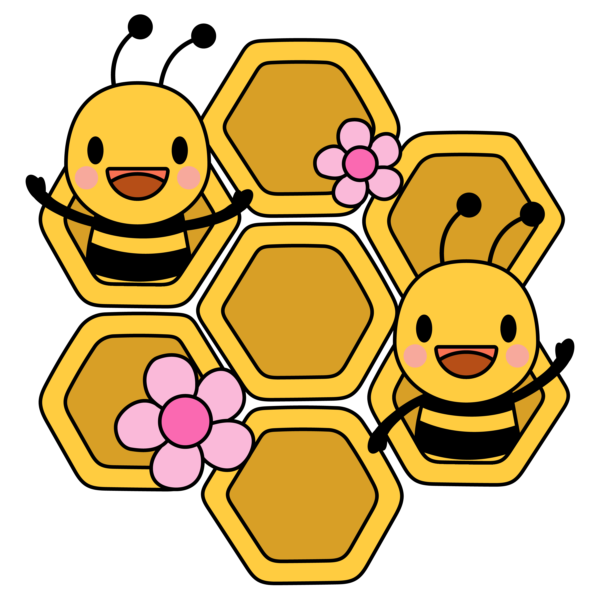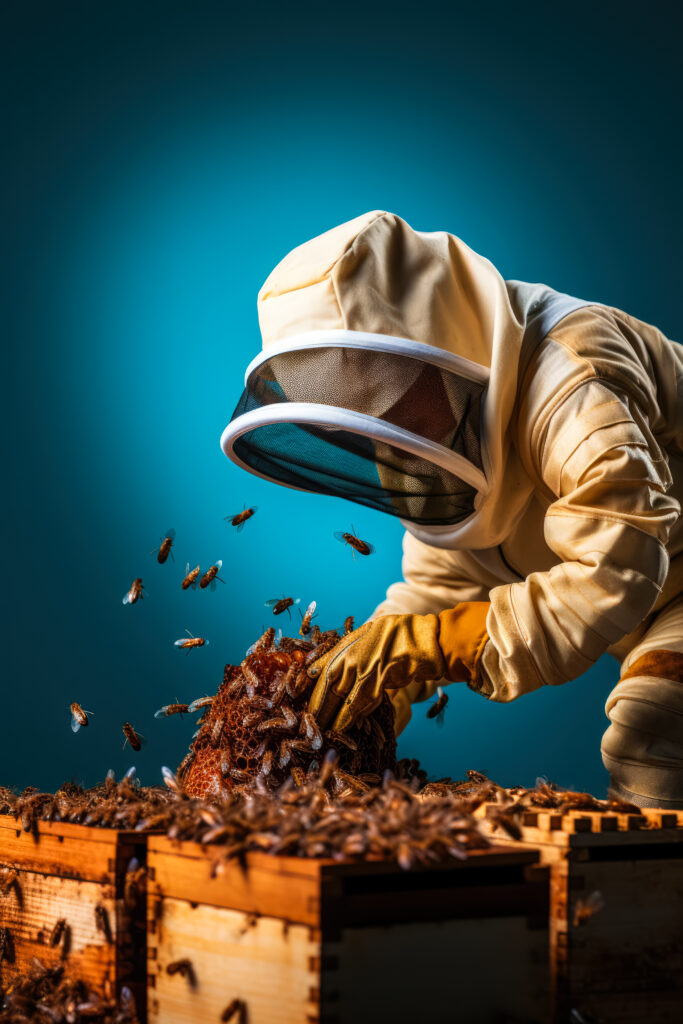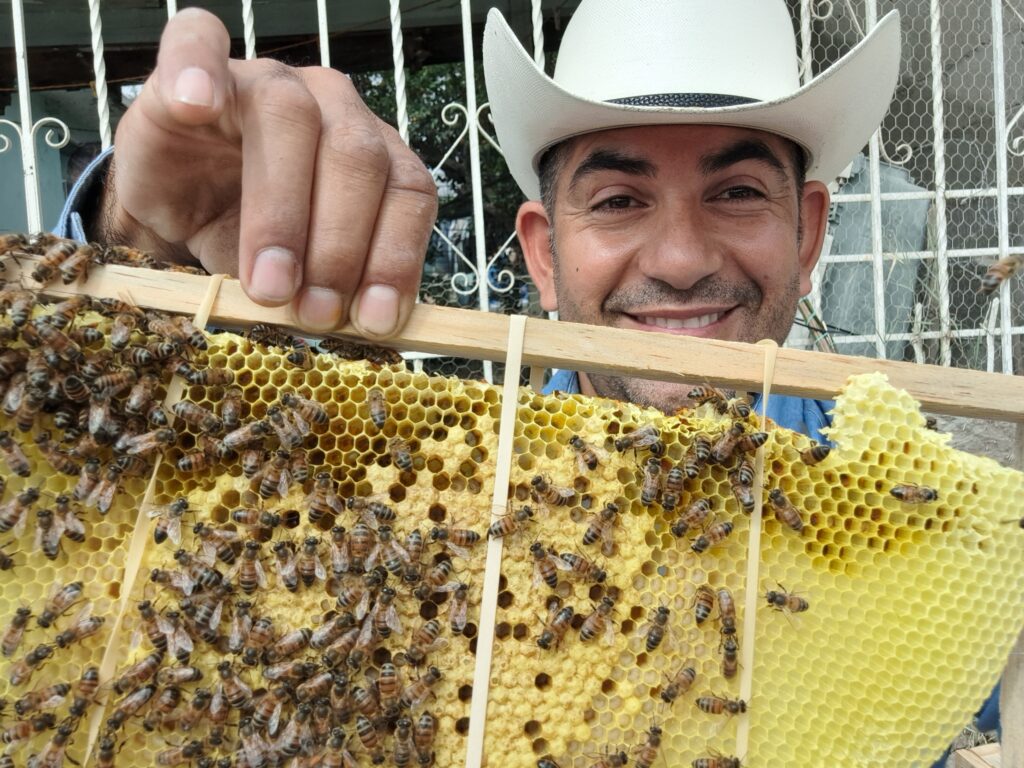Bee Behavior and Communication studies.
Bee Behavior and Communication Studies in Apiculture: Unlocking the Secrets of Nature's Master Pollinators
Introduction
In the intricate world of apiculture, the study of bee behavior and communication stands as a fundamental pillar that sheds light on the enigmatic lives of these remarkable insects. This category, known as "Bee Behavior and Communication Studies," delves into the complex behaviors, social structures, and intricate communication systems employed by bees. In this professional discourse, we explore the paramount significance of understanding bee behavior and communication, the fascinating challenges faced by researchers in this field, and the transformative insights that emerge from the study of these tiny yet powerful pollinators.
The Significance of Bee Behavior and Communication Studies
Bee behavior and communication studies offer a window into a world that has captivated scientists, beekeepers, and nature enthusiasts for centuries. Their significance can be summarized as follows:
Pollination Mastery: Bees are nature's premier pollinators. Understanding their behavior and communication is essential for grasping the subtleties of how they navigate flowers, collect nectar and pollen, and ensure the reproduction of numerous plant species.
Social Complexity: Many bee species exhibit intricate social structures within their colonies, with divisions of labor and communication methods that rival any human society. These studies unveil the intricacies of these systems and provide insights into their evolution and functioning.
Agricultural Impact: Bee behavior studies help us comprehend how bees forage for crops, and the communication within their colonies enables us to better manage honeybee populations, enhancing crop pollination and agricultural productivity.
Conservation and Biodiversity: An understanding of bee behavior and communication is invaluable for the conservation of both honeybees and native bee species, contributing to the preservation of biodiversity and the maintenance of ecosystems.
Challenges in Bee Behavior and Communication Studies
While bee behavior and communication studies offer tremendous insights, they also pose formidable challenges:
Complexity: Bee behavior and communication are extraordinarily complex. Understanding their interactions and deciphering their intricate dances and pheromone signaling can be a daunting task.
Observation Limitations: Bees often exhibit their most intricate behaviors within the confines of their hives. Researchers must develop innovative techniques to observe and study their behavior without disrupting their natural activities.
Species Variation: Bee species vary widely in their behavior and communication methods. Researchers must adapt their methods for different species, making comprehensive studies time-consuming.
Environmental Impact: Human activities, such as pesticide use and habitat destruction, can disrupt bee behavior and communication, making it challenging to observe natural behaviors in the wild.
Strategies for Bee Behavior and Communication Studies
Researchers employ various strategies to overcome these challenges and delve into the fascinating world of bee behavior and communication:
Observation and Recording: Scientists employ non-invasive observation techniques, such as the use of micro-cameras and tracking devices, to record bee behavior in the wild or within the hive.
Laboratory Experiments: Controlled laboratory experiments allow researchers to manipulate variables and observe the impact on bee behavior and communication.
Pheromone Analysis: Sophisticated chemical analysis is employed to identify the pheromones bees use for communication, helping researchers understand their role in colony organization and reproduction.
Collaboration with Beekeepers: Beekeepers, with their intimate knowledge of bee behavior, are valuable collaborators in research efforts, providing insights and access to bee colonies.
Genetic Studies: Advancements in genetic research enable the examination of the genetic basis for specific behaviors, shedding light on their evolution and variation among bee species.
Benefits and the Way Forward
The benefits of bee behavior and communication studies are vast and far-reaching:
Agricultural Enhancement: Improved understanding of bee behavior helps in optimizing pollination practices, benefiting agricultural productivity and food security.
Pollinator Conservation: Insights gained from these studies can guide conservation efforts, ensuring the survival of both honeybee and native bee populations.
Scientific Advancements: Bee behavior and communication studies yield insights into complex social systems, advancing our understanding of behavior and communication across the animal kingdom.
Biodiversity Preservation: A better understanding of native bee behavior supports the conservation of biodiversity and the overall health of ecosystems.
In conclusion, bee behavior and communication studies are the gateway to unlocking the secrets of these remarkable pollinators. They not only enrich our understanding of the natural world but also have practical implications for agriculture, conservation, and scientific knowledge. The way forward entails continued research, collaboration between scientists and beekeepers, and the application of innovative technologies to address the challenges and unearth the mysteries of bee behavior and communication.




